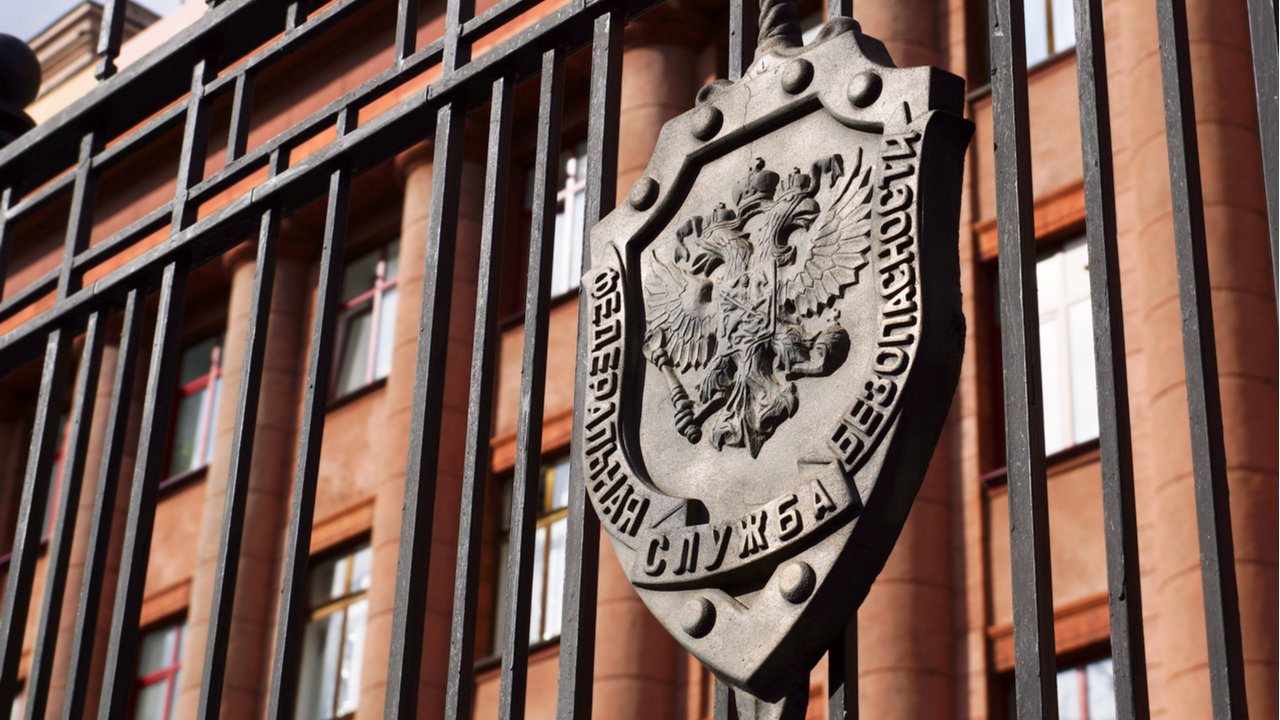Russian Law Enforcement Submits Proposals to Regulate Seizure of Crypto Assets, Data Sharing – Regulation Bitcoin News
Russian Ministry of Finance has accepted a number of crypto regulatory proposals submitted by the country’s law enforcement departments. They cover a range of related areas, including the seizure of digital assets and the reporting of information on cryptocurrency transactions.
Finance Ministry of Russia Backs Regulations Proposed by Law Enforcement Agencies
Russia’s Ministry of Finance (Minfin) has supported some regulatory ideas regarding cryptocurrencies put forward by the nation’s law enforcement services, the daily Izvestia unveiled this week. The ministry is responsible for drafting the legislation that will introduce comprehensive rules for the nation’s crypto space, which is only partially regulated at the moment.
The new bill “On Digital Currency” is expected to be filed with the State Duma, the lower house of Russian parliament, in May. A number of government institutions have provided feedback and suggested amendments to the draft, including several relevant ministries, the Federal Tax Service (FNS), and Russia’s financial watchdog, Rosfinmonitoring.
Law enforcement departments have also proposed certain provisions pertaining to their respective fields. For example, the Federal Security Service (FSB) wants to oblige crypto exchanges and wallet providers to share information not only with courts but also with investigators working on cases involving digital financial assets.
The Ministry of Internal Affairs (MVD) believes that the draft law “On Digital Currency” does not fully detail the procedure that exchanges should follow when they have to freeze cryptocurrency funds following a court order. The department also calls for the adoption of rules for the establishment of wallets that will be used to store confiscated crypto assets.
According to a document seen by Izvestia, the Minfin has agreed to incorporate the proposals of the FSB and MVD into the new law. The ministry has also accepted the suggestion of the FNS to tighten regulations for unlicensed crypto exchanges and wallet providers. The tax service wants to ban the advertising of such platforms in Russia.
However, the finance ministry has rejected other initiatives of the security and tax officials aimed at introducing even harsher rules. The department considers it inappropriate to impose “excessively detailed and strict regulation” at this stage of the crypto market’s development, warning this could cause an outflow of both customers and investors.
Meanwhile, Prosecutor General Igor Krasnov has reiterated his opinion that digital currency provisions should be added to Russia’s criminal law. This will help law enforcement to investigate cases of cryptocurrency theft and seize crypto funds. In his annual address to the Federation Council, the upper house of parliament, Krasnov noted that crime involving virtual assets is on the rise.
What do you think about the crypto regulatory proposals of the Russian law enforcement agencies? Let us know in the comments section below.
Image Credits: Shutterstock, Pixabay, Wiki Commons
Disclaimer: This article is for informational purposes only. It is not a direct offer or solicitation of an offer to buy or sell, or a recommendation or endorsement of any products, services, or companies. Bitcoin.com does not provide investment, tax, legal, or accounting advice. Neither the company nor the author is responsible, directly or indirectly, for any damage or loss caused or alleged to be caused by or in connection with the use of or reliance on any content, goods or services mentioned in this article.
Credit: Source link


 Bitcoin
Bitcoin  Ethereum
Ethereum  XRP
XRP  Tether
Tether  Solana
Solana  Dogecoin
Dogecoin  USDC
USDC  Cardano
Cardano  Lido Staked Ether
Lido Staked Ether  TRON
TRON  Avalanche
Avalanche  Chainlink
Chainlink  Sui
Sui  Stellar
Stellar  Wrapped Bitcoin
Wrapped Bitcoin  Wrapped stETH
Wrapped stETH  Hedera
Hedera  Shiba Inu
Shiba Inu  Toncoin
Toncoin  Polkadot
Polkadot  WETH
WETH  Litecoin
Litecoin  Bitcoin Cash
Bitcoin Cash  LEO Token
LEO Token  Uniswap
Uniswap  Bitget Token
Bitget Token  Pepe
Pepe  Hyperliquid
Hyperliquid  Wrapped eETH
Wrapped eETH  USDS
USDS  NEAR Protocol
NEAR Protocol  Ethena USDe
Ethena USDe  Aptos
Aptos  Internet Computer
Internet Computer  Aave
Aave  Ethereum Classic
Ethereum Classic  POL (ex-MATIC)
POL (ex-MATIC)  Monero
Monero  Render
Render  Cronos
Cronos  Algorand
Algorand  Bittensor
Bittensor  Official Trump
Official Trump  Dai
Dai  Mantle
Mantle  MANTRA
MANTRA  Artificial Superintelligence Alliance
Artificial Superintelligence Alliance
Comments are closed.